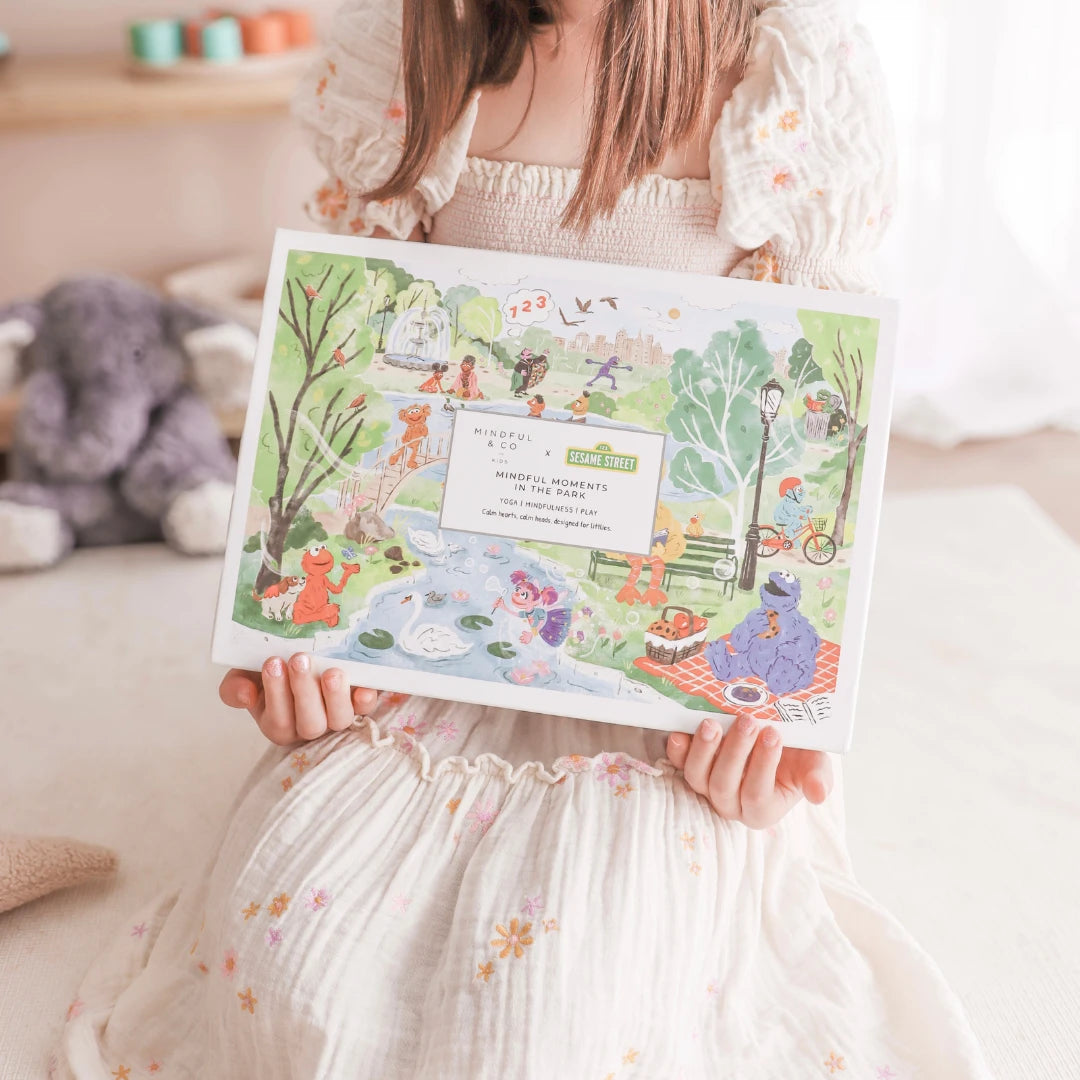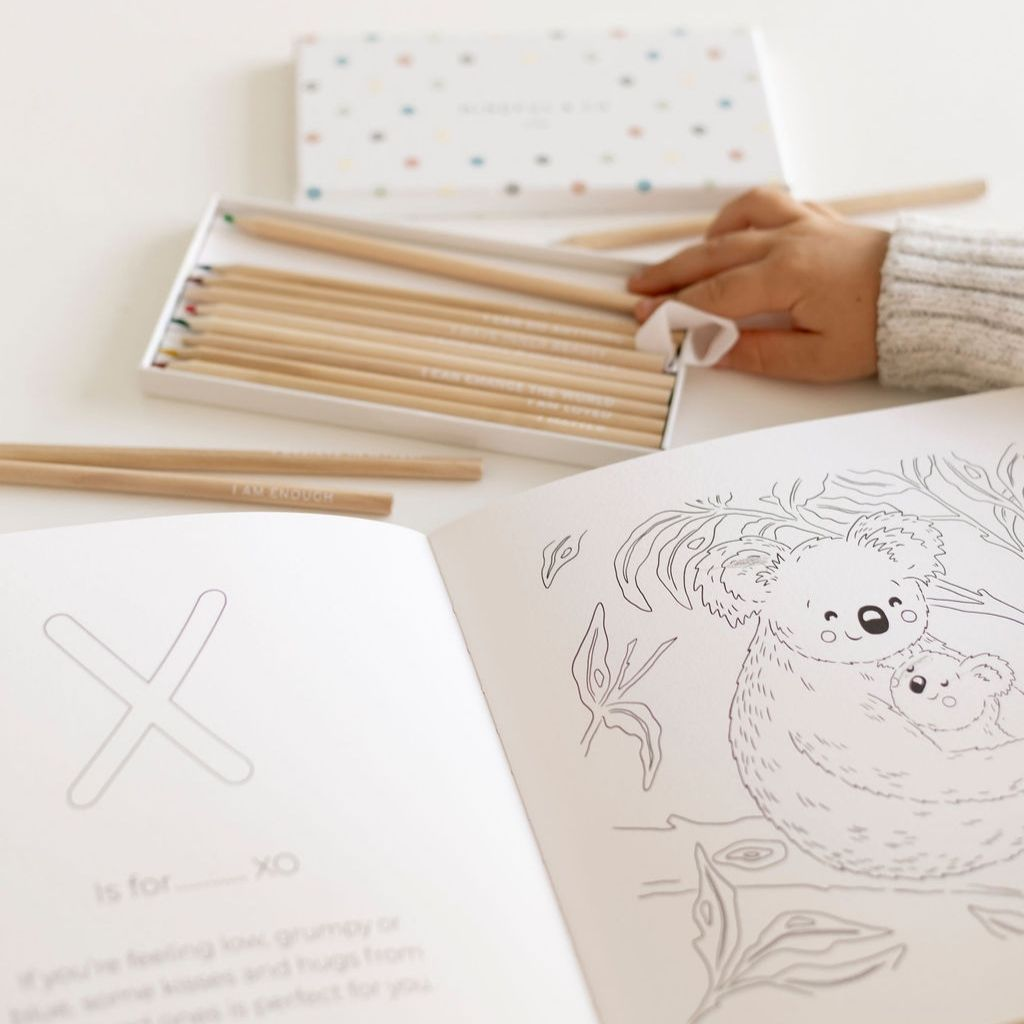What Are Sensory Toys and How do They Help?
What Are Sensory Toys and How do They Help?
Sensory toys are important in early child development in relation to their facilitation of cognitive development, language interactions, symbolic and pretend play, problem-solving, social interactions, and physical activity. Using toys for pretend play can help children imitate, describe and cope with real-life circumstances and feelings.
There are many benefits of sensory toys that focus on the known senses: taste, smell, sight, touch, and sound. Most sensory toys stimulate the touch, sight, and sound senses as these are more accessible.
Toys that provide a sensory experience to stimulate these senses help with brain development, which is essential for sensory integration and cognitive development. They can also help build nerve connections in the brain’s pathways, which assist in completing complex tasks.
Playing with your child and their toys together helps to develop these skills, and by scaffolding the play, children will often engage with the toy at different developmental ages, allowing the toy to grow with your child.
Pictured above: Charlie The Weighted Puppy Dog
What Are Sensory Toys?
Sensory toys can range from weighted toys, to squeeze balls, to fidget spinners. All of which have a place depending on your child’s needs.
- Weighted Toys: Backed by evidence-based research, weighted toys such as our Charlie The Weighted Puppy Dog focus on Deep Pressure Touch Stimulation (DPTS), which is a firm tactile sensory input that provides a Proprioceptive* response to the body. It simulates firm hugs and compression and motivates the release of serotonin and dopamine in the brain. This helps children to regulate their emotions when going to sleep or when they are feeling emotionally overwhelmed.
- Tactile Toys: These toys stimulate a child’s touch senses and include things like Play Dough, slime, and squeeze balls.
- Visual Toys: These toys stimulate a child’s sight senses and include toys that light up. They also include things like sensory bottles with glitter for shaking and watching.
- Scented Toys: These toys stimulate a child’s sense of smell and can be anything from scented pens to scented cuddly toys to sleep with.
- Audio Toys: These stimulate a child’s hearing and include toys that play music or make noises.
How Do They Help?
Sensory toys are beneficial for all children. They support the development of language and motor skills, help with cognitive growth, foster interactions, and encourage experimentation.
Here are some other ways sensory toys help:
- They help with language skills
Your child’s language skills can develop naturally through playing with sensory toys. They learn through experiences and their environment to communicate their emotions, wants, and needs.
By playing with your child and their sensory toys, you can encourage language development by using descriptive words like cuddly, soft, squishy, bumpy etc. Asking them how their toy feels gets them thinking about their touch senses. You can also use action words like cuddle, bounce, squeeze etc.
Even without prompting, your child will develop their language skills as these toys lend themselves to pretend play. Add other toys or props to encourage play.
- They support the development of fine motor skills
Sensory toys can support your child’s development with fine motor skills such as tying shoelaces, writing and zipping their jackets. Often sensory toys and play focus on building, pouring, mixing, and squeezing, which helps your child to build the small muscle groups in their hands that coordinate movement.
- They support the development of gross motor skills
Sensory toys and sensory play can engage children and help them to develop their gross motor skills. This includes activities and toys that engage your child’s larger muscles like arms, legs, and core. Any sensory activities or toys that contribute to a child’s development of balance and spatial awareness are beneficial. This includes bouncing a ball, walking, running, skipping etc.
- They help with cognitive growth
Cognitive skills are the skills used to problem-solve and create ideas from current ideas. The process of problem-solving begins with observing the sensory toy and identifying its attributes. Children often use their energy to explore objects and then store the information. This is called sensory memory, and this is how children establish an understanding and gain knowledge from something.
By playing with sensory toys, your child will learn to think about how things work by doing experiments and assessing the results. This teaches them how to take on challenges they encounter with confidence.
- They can create a calming effect
A child’s sensory system can help them in calming down. This is particularly important for children as they learn to self-regulate their emotions. Sensory toys are great as they can either stimulate your child who might be sluggish, or they can support your child if they are hyperactive or have trouble paying attention.
- They foster social interaction
Playing with sensory toys with siblings or friends helps your child to develop social skills. They learn how to communicate, troubleshoot problems, and learn to share and adapt to how others play.
Adding a sensory bin at home with a range of sensory toys and activities can further stimulate your child’s senses. You can include:
- Craft activities
- Painting activities
- Playdough
- Rice or pasta containers
- Weighted toys
- Balloons for blowing up
- Audio toys
- Headphones that link with your audio speaker
The list is endless.
Sensory toys allow children to become more flexible and adaptable within other areas of their lives. By using their senses and engaging with sensory toys, they can develop the skills so that the world becomes less overwhelming. Sensory toys are a tool for children to support them as they learn to cope with whatever comes their way in life.








